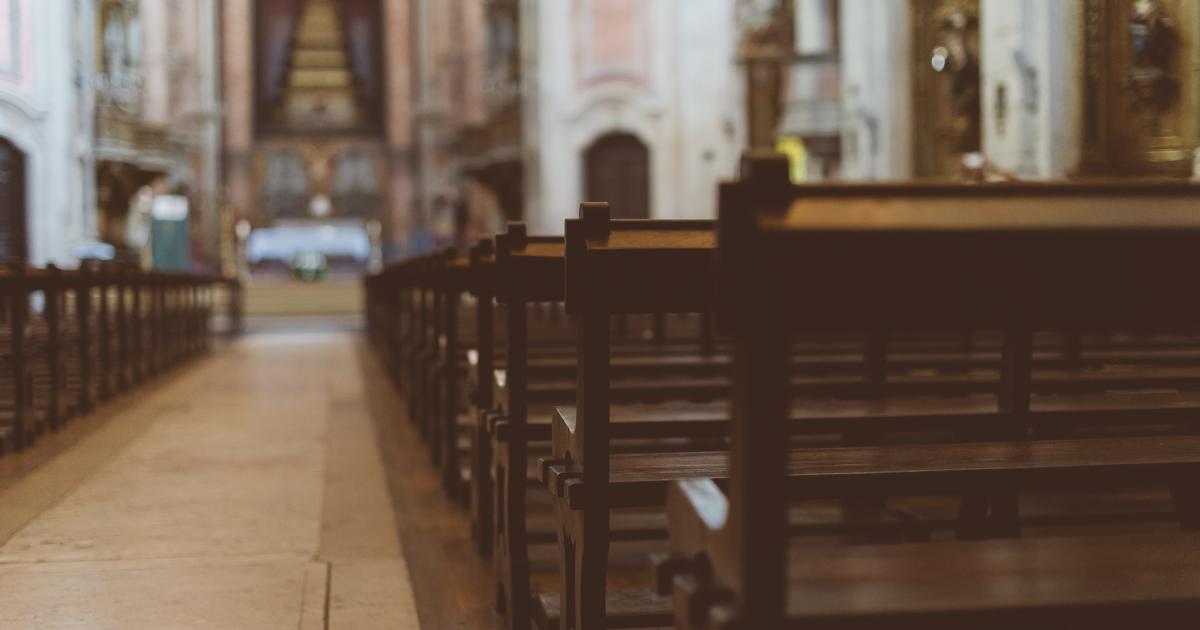
Places of worship, while intended for spiritual growth and community, should also be safe sanctuaries for all attendees. Church security is a topic of increasing concern, and it's crucial for congregations to take proactive measures to ensure the safety of their members. In this article, we will discuss essential church security tips to create a secure environment for worship and fellowship.
1. Establish a Security Team
One of the most effective ways to enhance church security is by creating a dedicated security team. This team should consist of trained volunteers or security professionals who are responsible for monitoring and responding to security threats during services and events.
2. Conduct Regular Training
Security team members should receive ongoing training in areas like first aid, conflict resolution, emergency response, and threat assessment. Regular training ensures that they are well-prepared to handle a variety of situations.
3. Implement Access Control
Control who enters your church by having designated entry and exit points. Install access control systems like electronic key card readers or a simple check-in desk for visitor registration. This helps keep track of who is in the building and deters unauthorized access.
4. Monitor Security Cameras
Install security cameras in and around your church premises. Ensure they cover key areas like entrances, parking lots, and main halls. Regularly review the camera footage to identify any unusual or suspicious activity.
5. Develop an Emergency Response Plan
Prepare for emergencies by establishing a comprehensive emergency response plan. Train your security team and congregation on what to do in case of fire, medical emergencies, or security threats. Practice regular drills to ensure everyone knows the procedures.
6. Assign Ushers and Greeters
Ushers and greeters play a crucial role in security. They can identify newcomers, spot suspicious behavior, and respond to minor issues before they escalate. Encourage them to be vigilant and approachable.
7. Conduct Background Checks
When recruiting volunteers or hiring staff for your church, perform background checks on all individuals. This helps ensure that those in positions of trust do not have a history of criminal activity or other concerning behavior.
8. Develop a Communication System
Establish clear and efficient communication channels for the security team, ushers, greeters, and other key personnel. Radios or walkie-talkies can be useful for quick, discreet communication during services.
9. Encourage Congregation Involvement
Promote a culture of security awareness among your congregation. Encourage members to report any suspicious activity or items to security personnel. Make them feel like an active part of the security effort.
10. Partner with Local Authorities
Maintain a positive relationship with local law enforcement and emergency services. They can provide support and expertise during security incidents and help you develop security plans tailored to your specific location and needs.
Church security is a responsibility that all places of worship should take seriously. By implementing these church security tips, you can create a safer and more secure environment for your congregation and visitors. Remember that while it's essential to prioritize safety, it should not overshadow the welcoming and inclusive atmosphere that makes a place of worship so meaningful to its community and also install Cove.







